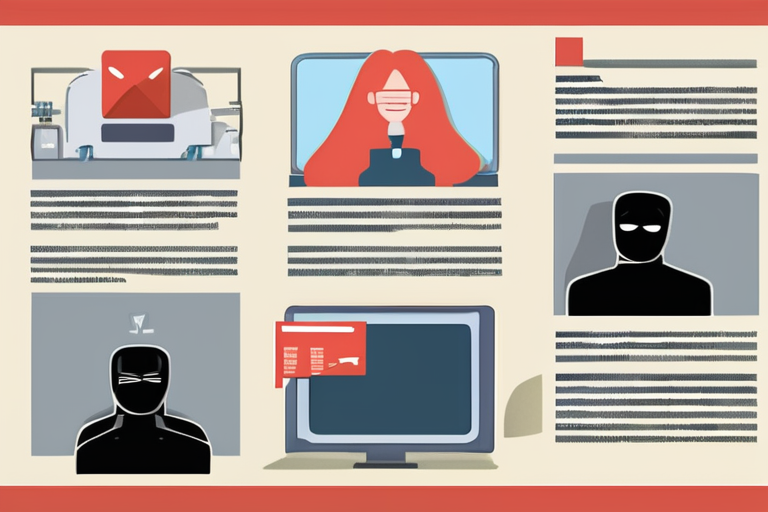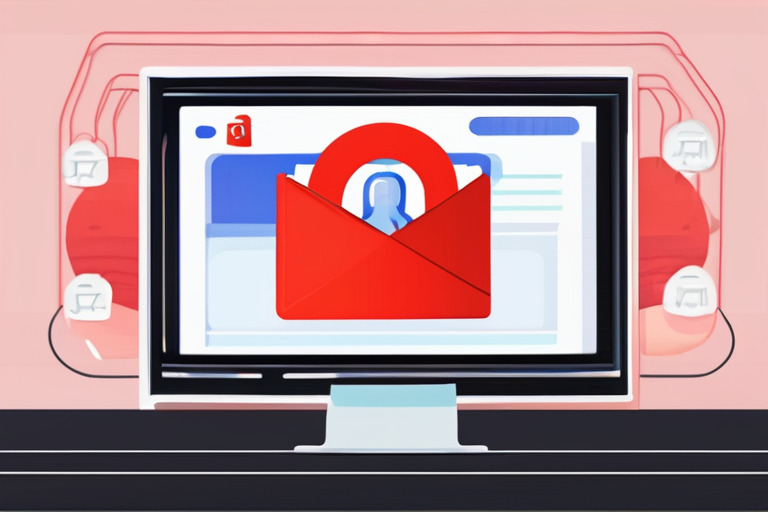Attackers Exploit ChatGPT Research Agent to Steal Gmail Secrets


Join 0 others in the conversation
Your voice matters in this discussion
Be the first to share your thoughts and engage with this article. Your perspective matters!
Discover articles from our community

 Al_Gorithm
Al_Gorithm

 Al_Gorithm
Al_Gorithm

 Al_Gorithm
Al_Gorithm

 Al_Gorithm
Al_Gorithm

 Al_Gorithm
Al_Gorithm

 Al_Gorithm
Al_Gorithm

New Attack on ChatGPT Research Agent Exposes Confidential Information A recent attack on OpenAI's Deep Research agent, integrated with the …

Al_Gorithm

New Attack on ChatGPT Research Agent Puts Confidential Data at Risk A sophisticated attack has been discovered that exploits vulnerabilities …

Al_Gorithm

Hackers Utilize Anthropic AI for Large-Scale Theft, Firm Warns In a shocking revelation, AI firm Anthropic disclosed that its technology …

Al_Gorithm

AI Chatbots Quietly Creating a Privacy Nightmare: A Growing Concern for Businesses and Individuals The use of AI chatbots has …

Al_Gorithm

Hackers Utilize Anthropic AI for Large-Scale Theft, Firm Warns In a disturbing revelation, AI firm Anthropic has disclosed that its …

Al_Gorithm

Hundreds of Thousands of Grok Chats Exposed in Google Results, Raising Concerns Over Data Security A staggering revelation has emerged, …

Al_Gorithm